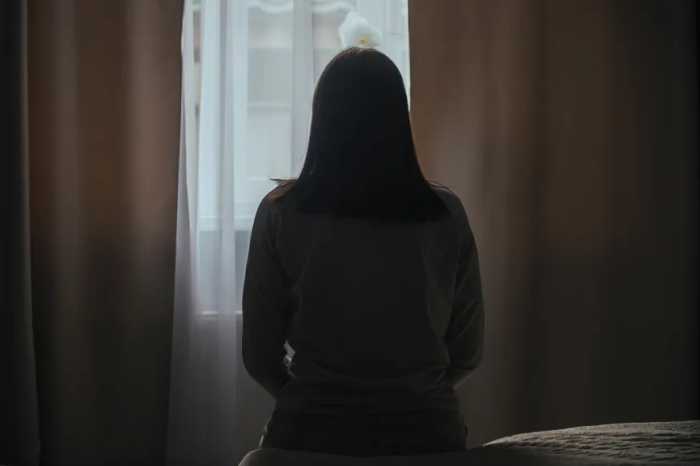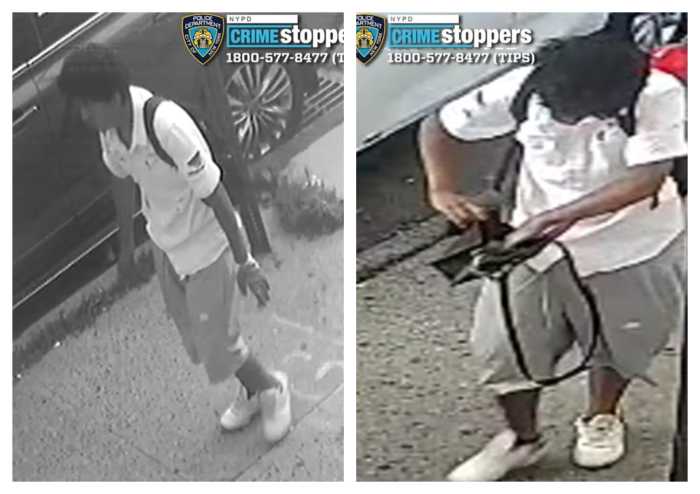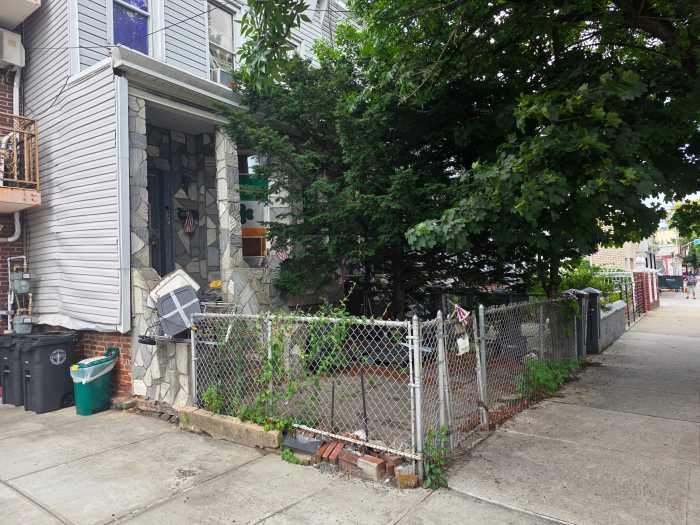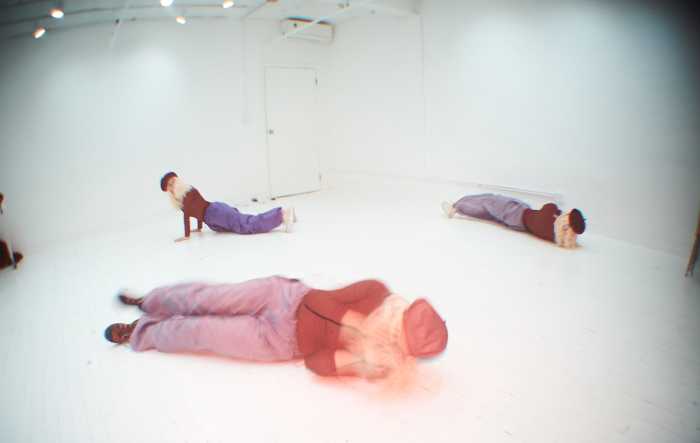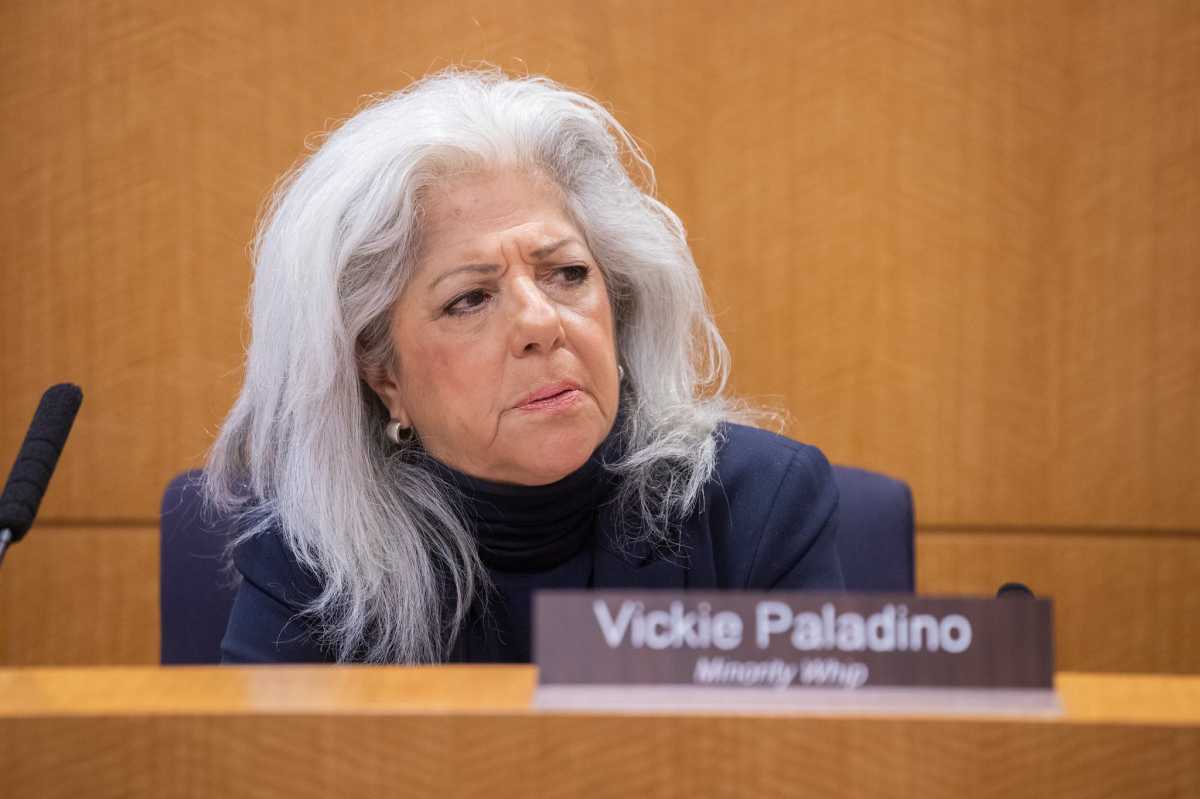By Alex Robinson
Gov. Andrew Cuomo signed a law last week which gives additional protections to young victims of human trafficking.
“These new protections build upon our work to combat human trafficking in New York by providing more tools to help victims escape their circumstances and to get a fresh start,” Cuomo said.
The new law requires that all case records concerning 16- or 17-year-old victims be sealed so that future employers cannot find out about their history. The records can only be unsealed if they are needed in a case against the victim’s trafficker.
Roosevelt Avenue in Queens has been the borough’s epicenter of human trafficking over the years, as many young, foreign-born women migrating to the borough have fallen prey to traffickers, advocates say.
Since 2004, there have been more than 1,000 sex trafficking victims in the borough, some of whom have been as young as 13, according to the Queens district attorney’s office.
More than 55 percent of the 120 sex trafficking victims who have sought services at the city’s family justice centers since they opened in 2005 have been from Queens.
The new law also classifies young victims as sexually exploited children rather than adults and automatically gives them youthful offender status if they’re prosecuted for prostitution. This will prevent them from having a criminal record in the future.
The law also forces 16- and 17-year-old trafficking victims to access services such as housing and counseling or have their cases classified as criminal. Before the bill was passed, there was no way to make sure young trafficking victims would actually take advantage of the services.
New York’s state Legislature did not pass a bill against human trafficking until 2007 and only 39 states across the country have passed laws to provide legal protections to victims.
State Sen. Jose Peralta (D-East Elmhurst), a co-sponsor of the law who represents an area which has been a hotbed of trafficking, hailed the legislation as a critical step in protecting young victims.
“Putting an end to human trafficking is the moral issue of our time,” he said. “Women are shipped here from around the world and the country. They’re brought right here to my district and enslaved. The standard response is that it’s a victimless crime, which it is not.”
Peralta has introduced legislation as part of the Women’s Equality Act, which takes existing human trafficking laws a step further. His proposal would increase minimum penalties for traffickers and expand protections and services to victims even further.
If passed, Peralta’s bill would treat sex trafficking as a violent felony.
“It’s a much more comprehensive piece of legislation that will go further to protect these victims,” he said. “We should do anything we can to reduce the human trafficking and target these so called traffickers, but also help the victims in ensuring that law enforcement and others understand they are true victims.”
The 10-point Women’s Equality Act, however, has been stalled in the state Senate by Republicans who disagree with part of the legislation which would codify Roe vs. Wade, which legalized abortion in the United States, in New York state.
Reach reporter Alex Robinson by e-mail at arobinson@cnglocal.com or by phone at 718-260-4566.


